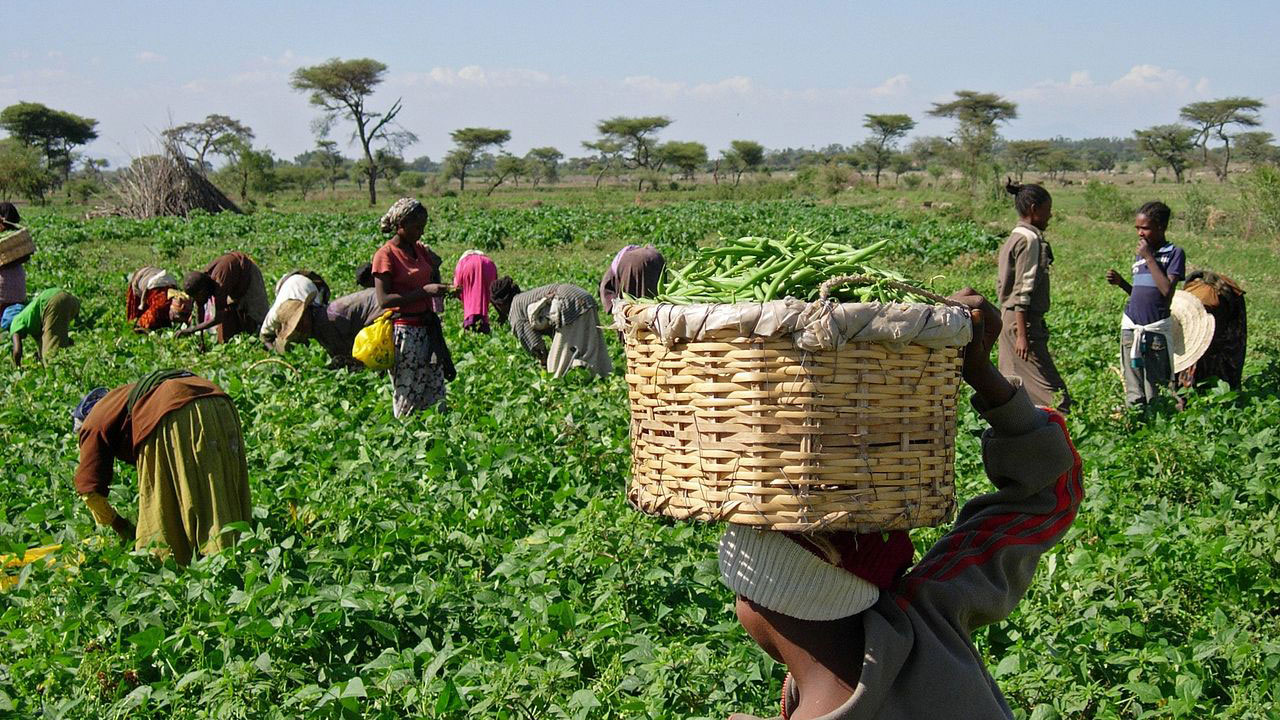Experts from the Institute of Agricultural Research and Training (IAR&T), Ibadan and the International Institute of Tropical Agriculture (IITA) have recommended conservation of soil moisture for farmers to manage inadequate rainfall.
The experts gave the recommendation in an interview with the News Agency of Nigeria (NAN) on Friday in Ibadan.
An Agrometeorologist at IAR&T, Mr Adewale Adetayo, urged farmers to always suppress weeds and encourage proliferation of soil biota that promoted soil health and crop performance.
He particularly advised crop farmers to ensure they built breaks in-between rows and beds before growing season, to reduce soil erosion.
“Avoid or limit tillage (disturbance of the soil), avoid applying fertilisers before it rains to prevent leaching and runoff of the applied nutrient.
“Use of small-scale water harvesting system is very important.
“For ruminant farmers, the predicted normal to above normal rainfall amount in most places may likely create conducive environment for breeding of parasites that cause outbreak of diseases and invariably reduce feed intake.
“It is, therefore, advised that farmers keep the house (herd) dry by using dry straws and fumigating it against pathogens.
READ ALSO: World Bank to construct 13.16km Lagos farm roads
“Ensure that animals are not made to stand for long on wet ground,” he said.
The IAR&T research fellow also advised poultry farmers to always provide roosts (bedding) so that birds would not sleep on wet grounds.
According to him, day-old chicks should be housed under controlled temperatures, while feeds should be stored on wooden structures, not on the floor.
“Floor should be kept dry always to prevent growth of harmful fungus.
“Lighting system should be provided for additional warmth to keep the stimulation of egg production,” he said.
Adetayo enjoined fish farmers to plant trees, such as plantain, banana, etc. around the ponds to maintain optimum temperature, in addition to clean pond environment.
“Fish farmers should never construct ponds on waterways,” he said.
Also, a Climate Scientist at IITA, Dr Tunrayo Alabi, said that global warming and climate change phenomena were responsible for shortage of rainfall experienced in the South-West zone of the country.
Alabi stressed the need for farmers to adapt to the changing scenario and obtain weather advisory before embarking on planting crops.
According to him, farmers should adopt climate smart agricultural practices for high-yielding and early maturing varieties.
He remarked that rain-fed agriculture was fast becoming obsolete in the face of declining precipitation and diminishing soil resources.
“Government and other stakeholders in the agricultural sector must invest in modern agricultural practices to feed the growing population.
“Government should assist farmers in the deployment of irrigation facilities in special agriculture zones,” he said.
An integrated woman farmer, Mrs Habibat Hamzat, also said that the sudden change in climate had changed the pattern of planting season as well as the type of crops to plant at a particular time and place.
“Our tree crops, cash crops and even arable crops are greatly affected, which, in the long run, reduces yields of these crops.
“We cannot make use of early rainfall as before, not to talk of late planting as our usual practice; the harvest is now very low, with high cost of input.
“At this juncture, we are thinking of irrigation, which is costly to have for better yield due to year-round production.
“We solicit for government’s assistance on irrigation, improvement of the existing dams and creation of more dams for easy access to water for irrigation,” she said.

